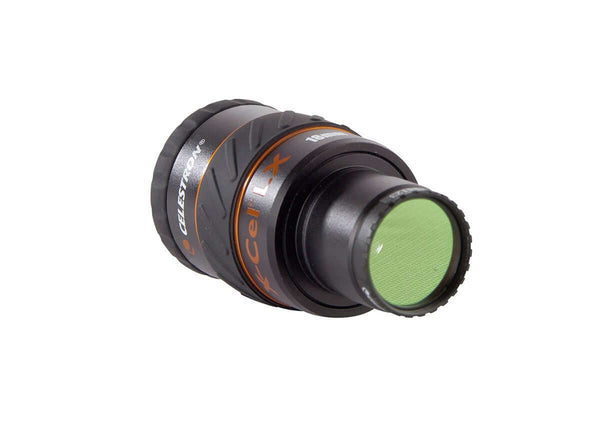



Why Purchase from All-Star Telescope?
Free Expert Support
Whether you are a first timer needing help with setting up or an enthusiast that can't quite make that one thing work, our expert staff are ready to support your needs. With decades of knowledge and first hand experience we've been there and we can help you through it!
Stress Free, Secure Transactions
You can trust purchasing and delivery with All-Star Telescope. All of our transactions are 100% secure and Level 1 PCI DSS compliant thanks to Shopify's ShopPay platform. For additional protection, we insure 100% of the value of every shipment we make. If it get's lost during shipment, we replace it. If it gets damaged during shipment, we replace it. We make sure your product arrives exactly as you would expect it to; we promise.
We also ensure privacy protection. We never keep any of your credit card information on file and any of your personal data is stored according to our policies.
30 Day Return Policy
Buy with confidence knowing that we accept returns up to 30 days after purchase. We want you to have something you will actually use and we are confident that we keep good quality products in our store with No Junk.
Price Match Promise
Shipping around for the best price is tough, we make it easier by offering the best pricing in the market. But if you find a better price on an in-store item somewhere else we will match it!
Product Description
Our 1.25" Light Pollution Reduction (LPR) Filters are designed to selectively reduce the transmission of certain wavelengths of light, specifically those produced by artificial light. This includes mercury vapour, and both high and low pressure sodium vapour lights and the unwanted natural light caused by neutral oxygen emission in our atmosphere (i.e. sky glow).
The ultra high contrast (UHC) LPR filter has improved contrast over the typical broadband filters. Sky background is darker, and contrast of emission nebulae are noticeably improved. The advanced technology coatings enable the filter to achieve an outstanding transmission of over 97% across the entire bandpass, with total blockage of prominent light pollution lines. The perfect filter for viewing nebula from light polluted skies, or for boosting the contrast of nebula from dark sky sites.
In addition to it's optimum spectral and optical characteristics, the UHC/LPR filter offers important features that set it apart and result in the highest quality celestial views:
The multi-layer dielectric coatings are plasma assisted and Ionbeam hardened using the latest technology for durability and resistance to scratching.
Improved transmission translates to maximum image brightness and contrast. Users of smaller, 4"-11" telescopes will especially appreciate the high efficiency, and larger scope users will love the rich star fields and detailed subtle nebular shadings that are left intact.
The high transmission, sharp cutoffs, and more moderate 60nm passband of the UHC/LPR filter retains a more natural view, yet significantly boosts overall contrast. Imagers will appreciate the broader bandpass and inclusion of an extremely efficient H-Alpha passband (656nm).

